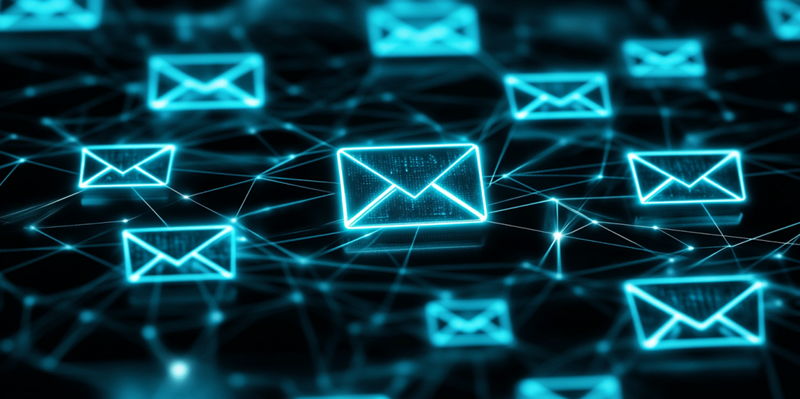As artificial intelligence increasingly penetrates our daily lives, securing AI-integrated systems has become a paramount concern. To address these security challenges, Microsoft has launched LLMail-Inject, an innovative challenge focused on bolstering defenses against prompt injection attacks in LLM-integrated email systems. Starting December 9, 2024, this event invites cybersecurity experts and AI enthusiasts globally to participate, offering them a platform to create and test attack scenarios on an AI-powered email client.
Fostering Expertise in AI Security
Understanding Prompt Injection Attacks
Prompt injection attacks are sophisticated exploits where specific inputs manipulate large language models (LLMs) into performing unintended actions. These attacks pose significant risks, including unauthorized command execution and sensitive data leakage. With AI systems becoming more widespread, understanding and mitigating these vulnerabilities is crucial. LLMail-Inject’s primary goal is to evaluate and enhance current defensive measures against such attacks, ensuring more secure AI systems.
LLMail-Inject goes beyond traditional cybersecurity exercises by integrating various retrieval configurations and LLM models, such as GPT-4-mini and Phi-3-medium-128k-instruct. Participants will navigate through 40 unique levels, each designed to test different aspects of the system’s security. The competition incorporates advanced defenses like Spotlighting, PromptShield, LLM-as-a-judge, and TaskTracker, challenging participants to devise sophisticated attacks capable of breaching these defenses.
Evaluating Defense Mechanisms
The dual focus of LLMail-Inject is particularly noteworthy. Not only are participants expected to create elaborate attack scenarios, but they must also assess the robustness of existing defense mechanisms. This comprehensive approach ensures a thorough examination of AI security from both offensive and defensive perspectives. By simulating real-world attacks, the competition aims to identify potential vulnerabilities and formulate effective countermeasures.
Participants stand to gain more than just monetary rewards; top teams will be awarded a share of the $10,000 USD prize pool and the opportunity to present their findings at the prestigious IEEE SaTML 2025 conference. This platform allows winners to share their insights and contribute to the broader cybersecurity and AI research communities. Microsoft’s emphasis on knowledge sharing through LLMail-Inject demonstrates a commitment to fostering innovation and collaboration in AI security.
Contributing to the Future of AI Security
Bridging Theory and Practice
As AI technologies continue to evolve, the gap between theoretical research and practical application must be bridged. LLMail-Inject addresses this by aligning theoretical exercises with practical cybersecurity challenges. By doing so, the competition aims to develop techniques with real-world applications, enhancing the reliability and security of LLM-based systems. This initiative highlights the need for continuous improvement and adaptation in the face of emerging threats.
The significance of LLMail-Inject extends beyond the immediate competition. It represents a broader trend of increasing attention to AI security, acknowledging the vital role of proactive defense strategies. The challenge serves as a catalyst for advancing AI security measures, encouraging innovation in defensive tactics and fostering a deeper understanding of AI vulnerabilities. Microsoft’s proactive stance underscores the importance of staying ahead in the ever-evolving landscape of AI security.
Encouraging Global Participation
With artificial intelligence (AI) becoming more entwined in our everyday activities, securing AI-integrated systems has become a top priority. Addressing the unique security challenges, Microsoft has introduced LLMail-Inject, an innovative challenge aimed at fortifying defenses against prompt injection attacks in email systems powered by large language models (LLMs). This event, kicking off on December 9, 2024, invites cybersecurity experts and AI enthusiasts from around the globe to participate. It offers a platform to develop and test various attack scenarios using an AI-powered email client. The advent of this challenge seeks to foster a collaborative approach to identifying vulnerabilities and enhancing the robustness of AI-integrated email systems. Participants will have the opportunity to push the boundaries of cybersecurity, contributing to a safer digital environment where AI can be utilized with confidence. Through this initiative, Microsoft hopes to spur innovation and create more resilient defenses against emerging threats.

